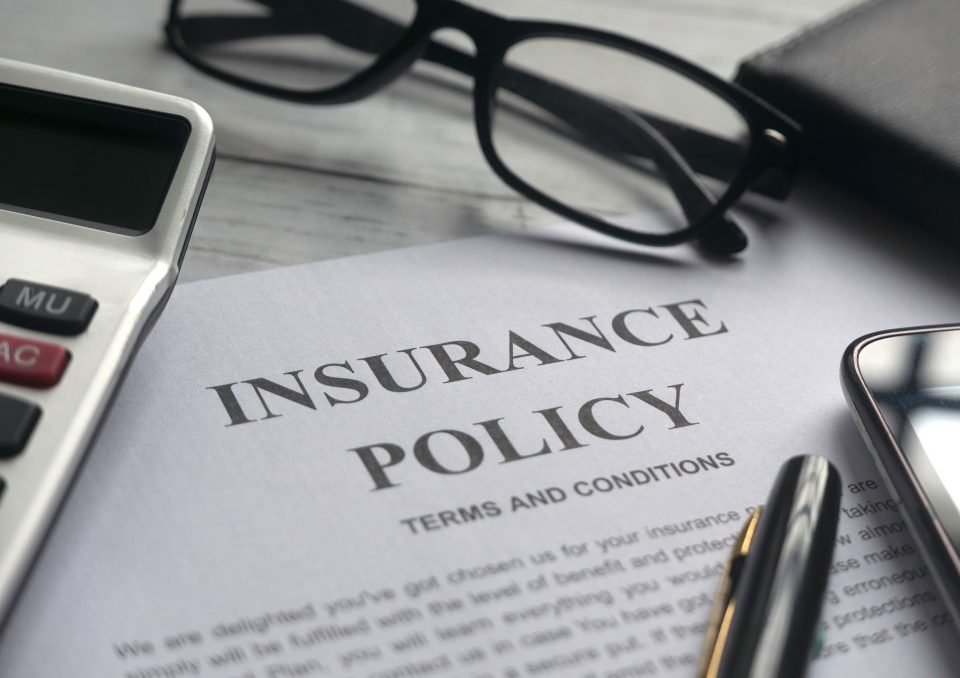How Not Wearing a Helmet May Affect Your Accident Injury Claim?

How to Deal With Bias Insurers After Motorcycle Accident?
June 29, 2022If you’re a motorcyclist, you may be wondering how not wearing a helmet will affect your accident injury claim. The simple answer is that it can seriously harm your chances of recovering compensation for your injuries. Helmets are the best way to protect your neck or head. If you don’t have one, you will likely be held responsible for your negligence and lose your chance of getting compensation.
Why you should wear a helmet
In some cases, it can reduce the compensation you can receive for a motorcycle accident. A helmet can be very helpful if you have suffered a neck or head injury from a motorcycle accident. It can also show that you would have suffered more severe injuries if you didn’t wear a helmet. As a result, insurance adjusters and defense attorneys may try to argue that you were not wearing a helmet. However, this argument can be overcome with substantial evidence.
In Florida, you can legally use a motorcycle all year round. Even though it may be warm outside, it is important to use a helmet while riding a motorcycle. You may also be surprised to learn that no helmet is required by law if you’re over 16 years of age. It’s common to wear a helmet, and it helps reduce the risk for traumatic brain injuries.
It might be tempting not to wear a helmet but it is vital that you do. Helmets can prevent most head and neck injuries. Because helmets prevent head and neck injuries, your insurance company may view you as partly at fault for the accident if you were not wearing a helmet. You may not receive full compensation if you don’t have a helmet. However, if you did, it will be beneficial for your case.
Another reason to wear a helmet when riding is that bad weather or poor road conditions can lead to motorcycle accidents. It is difficult to prove that you did not wear a helmet to protect your injuries. Your insurance settlement and court award can be affected by your helmet-wearing in motorcycle accidents. It is worth looking into. The law has changed. You can file a claim even though you were not wearing a helmet at that time.
The insurance company will evaluate the accident case by asking if you were wearing a helmet when you were in the accident. If you weren’t wearing a helmet, the insurance company may argue that you were negligent and caused the accident, resulting in a smaller compensation. Although this is not always true, the insurance company may argue that you were negligent and caused the accident. However, if you were wearing helmets, the accident would have been less severe.
A helmet can save your life. It will not only protect you from the injuries and pain caused by a motorcycle accident but also keep you safe. There are many parts to a bike helmet, including the outer shell and a padded lining. Most bike helmets have plastic coverings to protect against punctures and slide on impact. The liner is made from expanded polystyrene. The polystyrene foam dissipates the impact force and protects your head.
Impact of not wearing a helmet on a motorcycle accident claim
Not wearing a helmet during a motorcycle accident can have a negative impact on your ability to file an injury claim. Not only can you be at risk of serious injury by riding without a helmet, but it can also increase your insurance rates and reduce your benefits. In addition, in Michigan, you’ll need to file your claim with your own insurance company. So, what’s the impact of not wearing a helmet on your motorcycle accident injury claim?
Although it is not illegal to wear a helmet in South Carolina, it strongly recommends that you do so. Although it may seem like a bad idea to not wear a helmet, most people over 21 do not choose to do so. Unless you can prove a pattern or negligence, no defense attorney or insurance adjuster can use this against your case. Even if you aren’t a helmet user, that doesn’t mean you’re immune to a lawsuit.

The impact of not wearing a helmet on a motorcyclist’s motorcycle accident injury claim can be significant. For example, if the other party was partially to blame for the accident, the compensation will be reduced by that percentage. Not wearing a helmet could also result in permanent disability, which would prevent you from being able to work or even do everyday tasks. An experienced New York personal injury attorney can help you protect your rights and maximize your damages if this is the case.
The specific circumstances of an accident will determine the impact of not wearing helmets on a motorcyclist’s injury case. Although it is possible for a motorcyclist to have worn a helmet, this is unlikely to be considered a contributing factor in the accident. If you’re not wearing a helmet, however, you still have a case, and you may even be able to win compensation without wearing a helmet.
Failure to wear a helmet could also hurt your motorcycle accident injury claim. The insurance company will argue that your helmet was a contributing factor to the accident and that you have failed to mitigate the damages. Your insurance company may reduce your total compensation if you don’t have a helmet. Your motorcycle accident lawyer will be able to counter these arguments.
No matter what the circumstances, it is important to remember the consequences of not wearing a helmet in a motorcycle accident injury case. Failure to wear a helmet is irresponsible behavior and can have detrimental effects on your chances of winning a settlement. You must prove that the helmet’s absence had no impact on your injuries before you can recover compensation. This will likely require more evidence, but it is possible to claim your losses in a motorcycle accident injury claim.
Impact of not wearing a helmet on accident injury claim in Texas
While the law in Texas does not require all riders to wear a helmet, many municipalities do. Not wearing a bicycle helmet can significantly reduce your chances of obtaining a compensation claim in the event of a bicycle accident. However, even if you do not wear a helmet, you can still pursue compensation from the at-fault party’s insurance provider if you are in a bicycle accident.
In general, an accident injury claim that you file will be accepted if you are at most 51% responsible. It is possible to prove fault in some cases. Texas does not require cyclists wearing helmets. Depending on the severity of your injuries, your insurance company may argue that not wearing a helmet contributed to your injuries. Your attorney may need to review your medical records in order to prove that helmet use contributed to your injuries.
It might be difficult to prove the fault of the other driver if you were not wearing one. The most common reason for this is comparative negligence. The law states that if one driver is at fault, the other is at fault. In this case, the injured party must prove that the other driver was negligent in causing the accident and must also establish the type of damages that the other driver should pay.
Although Texas has relaxed its laws regarding motorcycle helmet use, personal injury lawsuits can still be filed if you don’t have one. Although Texas’ helmet law doesn’t require riders under 21 to use a helmet, it does require that all motorcycle riders have insurance. If you were not wearing a helmet, your insurer may ask for proof that you took a motorcycle safety course.
A bicycle accident can cause serious injuries to cyclists. A cyclist’s head can be badly damaged if they are struck by a vehicle. The wearing of a bicycle helmet reduces the risk of head injuries. However, this does not change the fact that the negligent motorist was to blame. A bike helmet will not reduce the chance of a bicycle accident injury case, but a helmet for motorcycles will.
Even though motorcycle accidents can happen on any type of vehicle, it is particularly common for motorcyclists to be hit by a reckless driver. While this doesn’t necessarily mean that you cannot seek compensation, failure to wear a helmet can complicate your case. It can make or break a personal injury case in many cases. An attorney can help you collect damages and ensure that your personal injury case is as successful as possible.
While many motorcycle accidents are caused by a defective bicycle helmet, it is important to remember that companies and other entities in the stream of commerce are legally required to use reasonable care when manufacturing and distributing a product. In these instances, it is unlikely that the responsible party will acknowledge any fault and may try to argue that you were not wearing a helmet or other excuses to avoid paying your damages.


